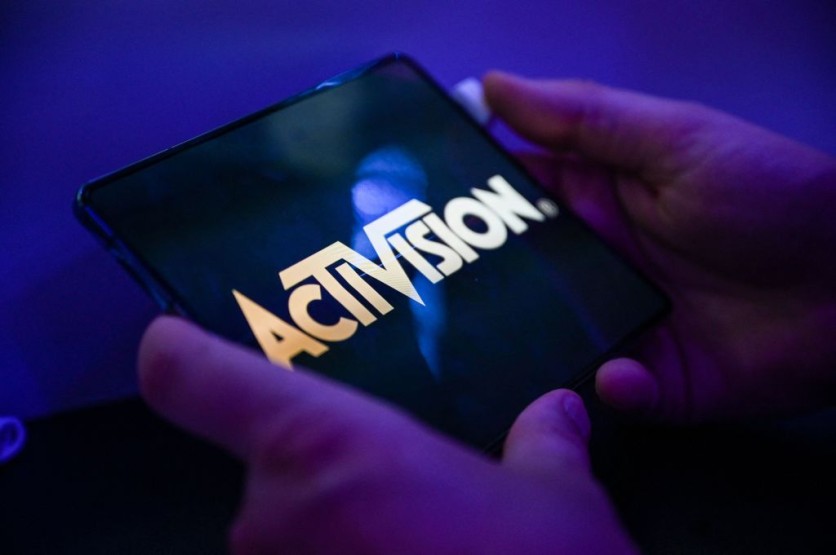Revealed during the recent Epic vs. Google trial, it came to light that gaming giant Activision Blizzard was on the cusp of creating its mobile game app store.
This ambitious endeavor, dubbed 'Project Boston,' aimed to revolutionize the Android gaming landscape with an alternative app store, envisioned as the "Steam of Mobile," Engadget tells us.

Activision Blizzard's 'Steam of Mobile' App Store for Games
Originally set for a launch in 2019 or 2020, the 'Project Boston' store intended to challenge the dominant Google Play Store by offering a reduced transaction fee of 10 to 12%, a stark contrast to Google's 30% levy.
It promised Android users a haven for gaming, featuring titles from Activision Blizzard King, starting with crowd favorites like Candy Crush and expanding to encompass a wider array of mobile games from the company's impressive portfolio.
The Verge's exclusive insights detailed how 'Project Boston' involved two parallel paths for the gaming giant. The first track involved establishing its mobile game store independently or in collaboration with industry giants like Epic Games and Supercell.
This store would have allowed users to sideload games onto their Android devices and conduct transactions within the platform, mirroring the user experience synonymous with PC gaming on Steam.
Why Activision Blizzard Shelved Plans for 'Project Boston'
However, Activision Blizzard's plans took an unexpected turn as they opted to forgo the app store development in favor of a monumental deal with Google.
The deal, valued at over $100 million, aimed to secure more lucrative terms across various platforms, including mobile, YouTube, advertising, and cloud services.
The decision to forego the 'Project Boston' app store, as confirmed by The Verge, stemmed from the potential for greater financial gains through this partnership with Google.
Notably, internal documents highlighted the company's intention to prioritize the Google deal over the app store endeavor should substantial savings be secured.
This strategic decision shifted the trajectory of the gaming giant's foray into the mobile app market, opting for a partnership that would provide exponential financial returns.
While Epic Games alleged that Google's incentives deterred Activision Blizzard from launching its app store, the company's Chief Financial Officer, Armin Zerza, clarified that the decision was primarily influenced by financial viability.
He emphasized in sworn testimony during the trial that the concept remained in its early exploratory stages and was not pursued due to its lack of financial attractiveness, refuting claims of external pressure from Google.
The Verge also illuminated the potential leverage tactic behind 'Project Boston,' indicating that the store's pilot program aimed to exert pressure on Google during ongoing negotiations.
These insights raise questions about the true intent of the app store project, hinting at its possible utilization as a negotiation tactic rather than a definitive launch plan.
As Activision Blizzard, now under the wing of Microsoft, continues to explore potential mobile app store ventures, the industry remains poised for potential clashes over mobile app distribution, heralding a future potentially fraught with competition and innovation in the mobile gaming sphere.
Stay posted here at Tech Times.
Related Article : Patent from EA Discovered to Allow Gamers to Voice Their Characters, But Will We See This Feature?





